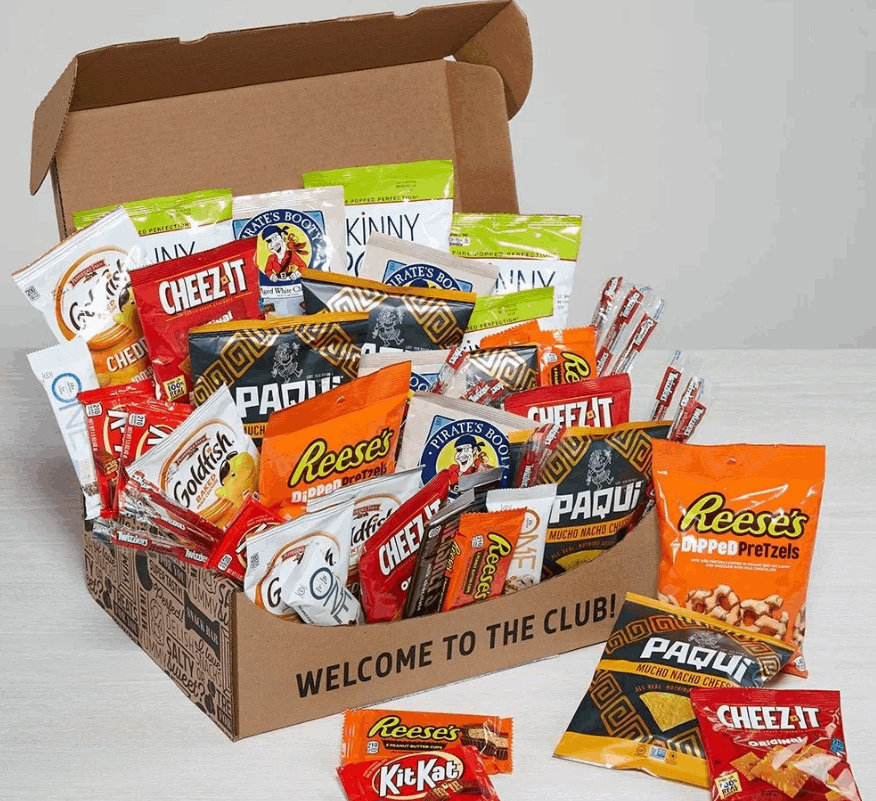The Hidden Dangers of 'Healthy' Processed Foods
Introduction:
In today’s health-conscious world, many people rely on packaged foods labeled as "healthy." However, these so-called healthy processed foods often contain hidden dangers that can harm our health in the long run.
This presentation will uncover the risks associated with these products and how to make truly informed food choices.
What Are "Healthy" Processed Foods?
Foods marketed as healthy but undergo processing, such as granola bars, protein shakes, flavored yogurts, whole grain cereals, and plant-based meat substitutes.
Labels often include terms like "organic," "natural," "low-fat," "high-protein," or "sugar-free."
Sugars
1. Excessive Sugar and Artificial Sweeteners:
2. Many "healthy" products contain added sugars under different names (e.g., cane sugar, maltose, high-fructose corn syrup).
3. Sugar-free options often include artificial sweeteners like aspartame and sucralose, which can disrupt gut health and metabolism.
High Sodium Content:
Low-fat or diet foods often compensate for flavor loss by adding excessive sodium.
High sodium intake is linked to hypertension, kidney issues, and bloating.
Preservatives and Additives:
Many healthy-labeled foods contain preservatives like BHA, BHT, and artificial colors, which may have carcinogenic effects.
Emulsifiers (e.g., carrageenan, polysorbate-80) can cause gut inflammation.
Processed Oils and Trans Fats:
Many snacks and protein bars contain refined vegetable oils (e.g., canola, soybean, palm oil) that are highly inflammatory.
Hydrogenated oils contribute to heart disease and obesity.
Lack of Nutrient Density:
While these foods may be fortified with vitamins and minerals, synthetic nutrients are often less bioavailable than whole food sources.
Fiber content in processed "whole grain" foods is usually lower than in natural sources.
Marketing Tricks and Misleading Labels:
"Low-Fat" or "Fat-Free": Often loaded with sugar to compensate for taste.
"High-Protein": May contain artificial protein isolates with questionable digestibility.
"Gluten-Free": Can be highly processed and lack fiber.
"Organic" and "Natural": Doesn’t necessarily mean unprocessed or free from harmful additives.
How to Make Smarter Choices:
1. Avoid chemicals and unrecognizable names.
2. Choose Whole Foods Over Packaged Alternatives:
3. Opt for fresh fruits, vegetables, nuts, seeds, and home-cooked meals.
4. Whole, single-ingredient foods are the best options.
Prioritize Healthy Fats and Proteins:
Choose natural sources like nuts, seeds, avocado, coconut, and grass-fed meats instead of processed options.
Stay Hydrated and Avoid Packaged Beverages:
Many "healthy" drinks contain hidden sugars and artificial ingredients.
Drink herbal teas, infused water, or fresh coconut water instead.
Conclusion:
Processed foods marketed as "healthy" often have hidden risks that can negatively impact our well-being.
The key is to be mindful of ingredients, avoid misleading labels, and prioritize whole, natural foods.
Making informed choices will help maintain long-term health and prevent lifestyle-related diseases.
Call to Action:
1. Start analyzing food labels and question health claims.
2. Encourage home-cooked, minimally processed meals.
3. Spread awareness to help others make better food choices!
CONCLUTION
Many processed foods labeled as “healthy” often contain hidden dangers that can negatively impact our health. These include excessive sugar, artificial sweeteners, preservatives, and unhealthy oils, which contribute to obesity, metabolic disorders, and gut inflammation. Misleading labels like “low-fat,” “high-protein,” or “organic” trick consumers into thinking they’re making nutritious choices, while in reality, these foods are often loaded with sodium, synthetic additives, and refined ingredients. Despite being fortified, their nutrient quality is inferior to whole foods. To avoid these risks, always read ingredient lists, avoid artificial additives, and choose minimally processed, whole foods like fresh fruits, vegetables, nuts, and homemade meals. Staying informed and making conscious food choices can help prevent lifestyle diseases and promote long-term well-being. Prioritize real, nutrient-dense foods over packaged alternatives for a healthier life.
